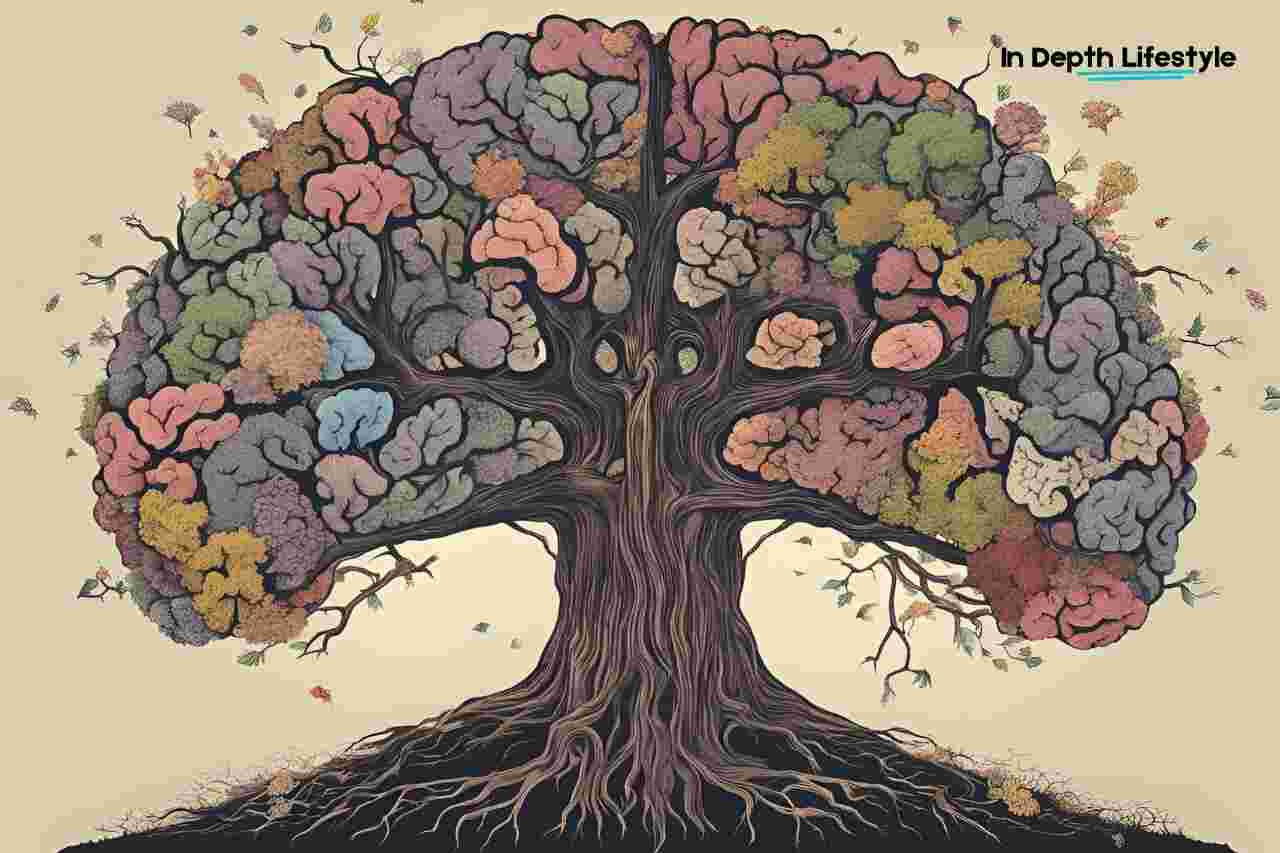Heyo Muchkins!
In today’s competitive academic landscape, cultivating a growth mindset in academics is no longer just an advantage – it’s essential for success. A growth mindset, championed by renowned psychologist Carol Dweck, emphasizes the belief that abilities and intelligence are not fixed but can be developed through dedication, effort, and continuous learning. This guide will explore practical strategies and actionable steps to foster a growth mindset in academics, empowering you to unlock your full potential and achieve academic excellence.
The Power of Self-Reflection
Have you ever stopped to think about your thoughts? It sounds like a philosophical question, but it’s actually a crucial step in developing a growth mindset. Self-reflection is the process of examining your own thoughts,
feelings, and behaviours. It’s a powerful tool for identifying areas where you need to improve and developing strategies for growth.

- From Overwhelm to Flow: Conscious Time Management for Academics
- Beyond Grades: How to Cultivate a Growth Mindset in Academics
- Mastering the Art of Note-Taking: Strategies for Academic Success
The Science Behind Self-Reflection
Research has shown that self-reflection is a key component of academic success. When you take the time to reflect on your own learning, you’re able to identify areas where you need to improve and develop strategies for growth. This process is called “metacognition,” and it’s a crucial part of developing a growth mindset.
Practical Strategies for Developing a Growth Mindset
How can one begin to cultivate a growth mindset in the realm of academics? Presented here are several practical strategies:
- Practice self-reflection: Take time to reflect on your own thoughts, feelings, and behaviours. Identify areas where you need to improve and develop strategies for growth.
- Emphasize effort, not talent: Instead of praising yourself or others for being “smart” or “talented,” focus on the effort and hard work that went into achieving a goal.
- View challenges as opportunities: When faced with a difficult task or subject, see it as a chance to learn and grow, rather than as a threat to your ego.
- Seek feedback, not validation: Ask for feedback from others, not to validate your ego, but to learn and improve.
- Celebrate progress, not just results: Instead of just celebrating your grades or achievements, celebrate the progress you’ve made and the efforts you’ve put in.
The Benefits of a Growth Mindset
What can one anticipate from cultivating a growth mindset in academic pursuits? Here are several advantages to consider:
- Increased motivation: A growth mindset can help you to stay motivated and engaged, even in the face of challenges.
- Improved resilience: By viewing setbacks as opportunities for growth, you’ll be better equipped to bounce back from failures.
- Enhanced creativity: A growth mindset can help you to think outside the box and explore new ideas and solutions.
- Better relationships: By focusing on effort and progress, rather than talent or achievement, you’ll build stronger, more supportive relationships with your peers and mentors.
- Increased confidence: A growth mindset can help you to develop a more realistic and positive sense of your abilities, which can lead to increased confidence.
Conclusion
Developing a growth mindset in academics is a powerful way to unlock your full potential. By practicing self-reflection, emphasizing effort, viewing challenges as opportunities, seeking feedback, and celebrating progress, you’ll be well on your way to achieving academic success and developing a lifelong love of learning. Remember, it’s not about being “smart” or “talented” – it’s about being willing to learn, grow, and evolve.






